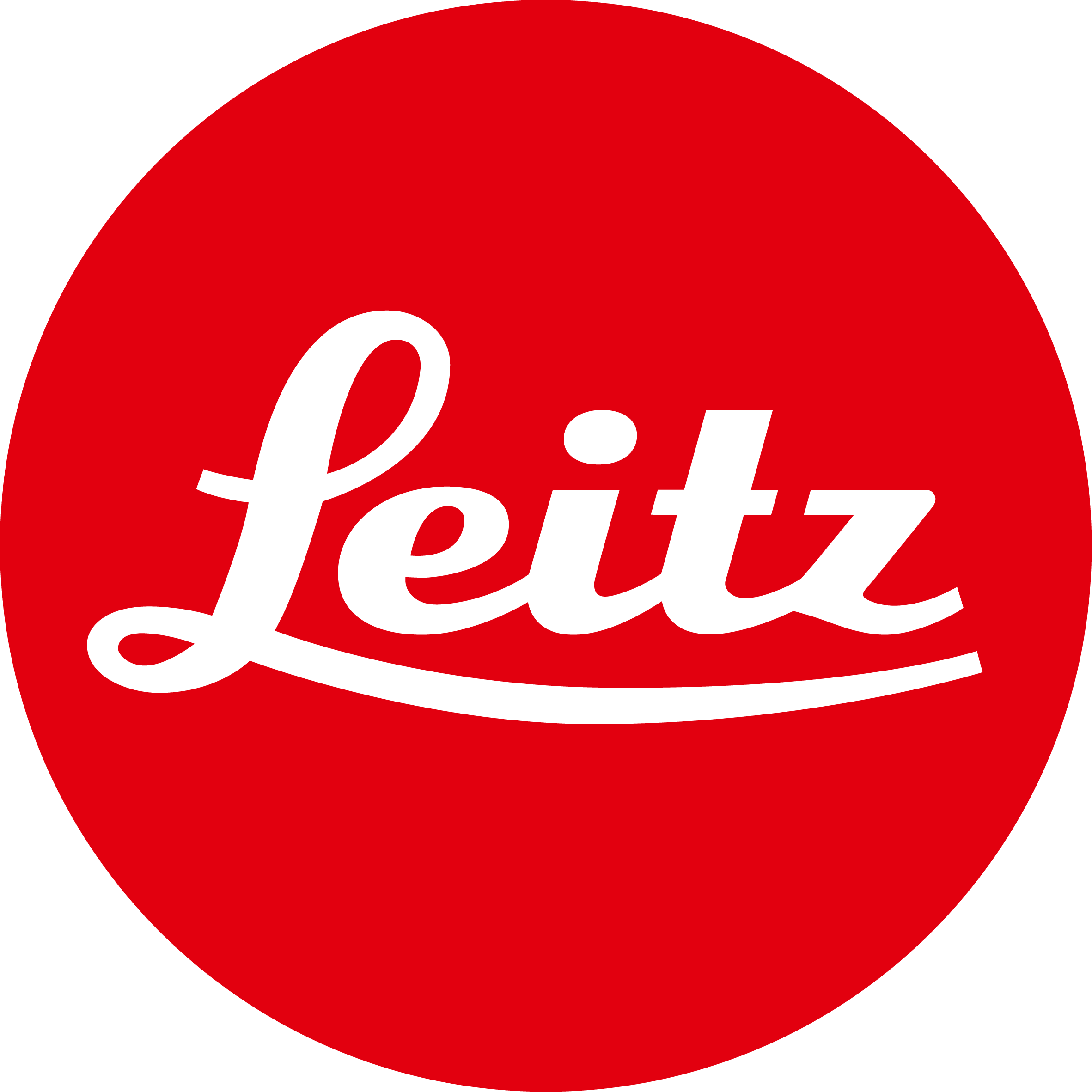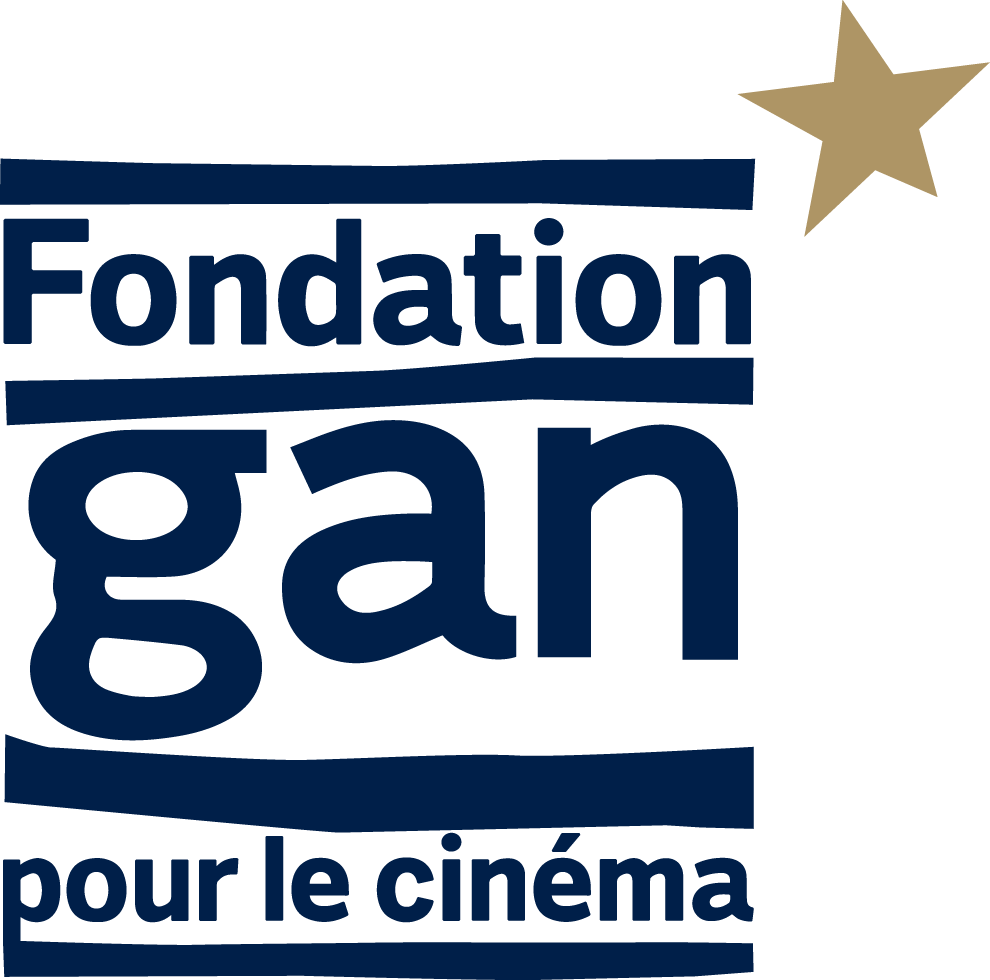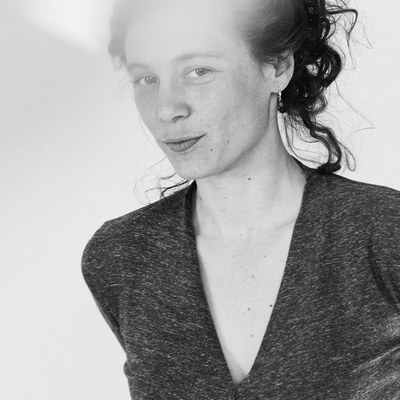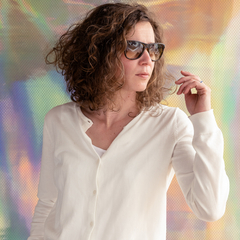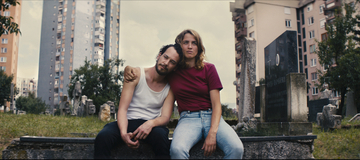“ Even before having an idea for a film, I was sure I wanted to work together with Jonathan Couzinié and Antonia Buresi, to carry on the experience we started with our short films. That was the first condition. The second one was that we wanted to be consistent with the way we see and work in film, getting around financial stakes and pressures. We had to tell the story on a limited budget. The whole thing was written, shot and edited in 12 months.
To go faster we decided to use our own group. We therefore saved time on the characters and the concept of the film itself. What was dry in the writing was fleshed out during the shoot, through situations, acting and role-plays. Our script paved the way; we worked from the points of reference it provided, and made do with the constraints we encountered on location. I would have liked to have shot the whole thing in and around Srebrenica – the eastern part of Bosnia -, but it was pretty much impossible; so we moved to the suburbs of Sarajevo.
I have been hearing about the war in Bosnia-Herzegovina since I was a child. The memory of it is seared in my mind, like a shock, not merely a virtual one. I became an adult and a film director right after this period – the war years. I think that cinema is the bridge between my childhood and its beliefs, and my adulthood and its reality. From a more universal - less personal - perspective, this war also embodies the collapse of a certain vision of Europe. For five years, we let a whole country tear itself apart and slaughter each other, in Europe, and we did nothing. The dead have been haunting the country ever since.
It took time for me to find cinema, to find where I belong. The film is an act of faith. One of the main topics is friendship, the one between Joachim and Alice. Joachim is ill, terminally, and he knows it. Alice, with her film, offers him a story in which he is the hero, and on screen, heroes never die. It’s a way to come to terms with one’s own permanence.”


